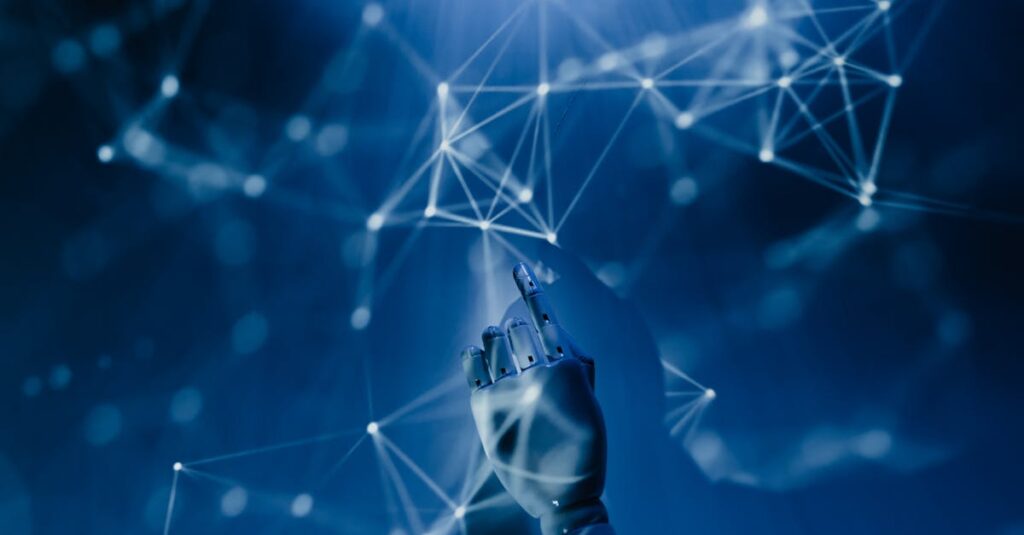The Future of AI: How Automation is Shaping the Tech Landscape in 2025
As the world rapidly embraces technological advancements, automation powered by Artificial Intelligence (AI) is becoming the driving force behind the evolution of industries. From self-driving cars to personalized healthcare, AI is making a transformative impact. But what does the future hold for this cutting-edge technology? In this article, we will explore how automation is revolutionizing the tech landscape in 2025.
AI in Everyday Life: An Expanding Horizon
AI’s integration into daily life is no longer a distant dream. In 2025, automation technologies will be embedded into virtually every sector. From home assistants like Amazon Alexa to AI-driven personal finance tools, automation is simplifying tasks and enhancing convenience. Consumers are already experiencing the effects of AI’s capabilities through predictive text, voice-controlled devices, and smart appliances.
Smarter Consumer Technology
AI will become even more embedded in consumer technology, offering a more personalized experience. Virtual assistants will become more intuitive, predictive, and capable of executing tasks beyond simple commands. By 2025, AI will be capable of anticipating your needs based on past behavior, offering a seamless user experience that will blur the lines between human and machine.
Automation in Business Operations: Increased Efficiency and Cost Savings
AI is also revolutionizing how businesses operate. Companies are increasingly turning to automation to streamline their operations, save costs, and enhance productivity. Robotic Process Automation (RPA) is already being adopted to perform repetitive tasks like data entry, leaving employees to focus on higher-value work. AI-powered analytics tools are also helping businesses make data-driven decisions faster and more accurately.
AI in Customer Service
AI-powered chatbots and virtual assistants are transforming customer service. By 2025, businesses will deploy more advanced versions of these technologies to handle complex inquiries, resolve issues, and provide personalized support. Customers will expect instant responses to their queries, and businesses will need to deliver exceptional service at scale, all while optimizing costs.
The Impact on Jobs and the Workforce
While automation brings increased efficiency, it also raises concerns about job displacement. The rise of AI-powered systems has the potential to replace certain manual jobs, but it also creates new opportunities in fields like AI programming, data analysis, and cybersecurity. By 2025, we can expect to see a shift in workforce requirements, with more emphasis on roles that require creativity, critical thinking, and emotional intelligence.
Preparing for the Future Workforce
It’s essential for workers to upskill and reskill in order to thrive in an AI-powered job market. Companies and educational institutions will need to collaborate to offer training programs that teach the skills needed to work alongside AI technologies. Additionally, focusing on soft skills, such as adaptability and collaboration, will become just as important as technical expertise.
Conclusion: Embracing AI for a Smarter Tomorrow
The future of AI in 2025 is promising, and businesses and consumers alike will benefit from the efficiency, personalization, and innovation it brings. As automation continues to evolve, it is crucial to stay ahead of the curve and embrace these technologies to create a smarter, more efficient future. Will you be ready for the AI-driven world ahead?
Ready to harness the power of AI in your business or personal life? Start exploring AI tools today and stay ahead of the competition.

